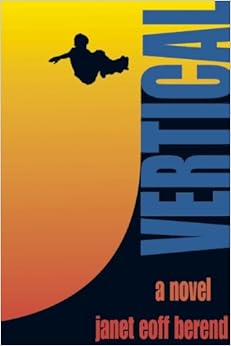Janet found herself using the same actions too frequently so she started writing down actions associated with dialogue as she watched people in real life or in her reading so she could break herself away from old patterns. I started jotting things down as well and found it insanely useful. Here are some of my findings. Feel free to add ones you discover in the comments section. :)
- scanning the titles of books in the bookcase.
- shook his head
- sat back in the soft leather chair.
- unwrapped a stick of Juicy Fruit gum
- motion to the radio
- bite my lip
- give him a small smile
- waved my unasked question away with his hand
- he fumbled about for silverware
- he coughed again and took a deep breath
- he gazed at me intently, his eyes narrowing
- his voice had a strange almost wistful quality to it
- put my hand on his shoulder
- closes her computer
- gets herself a generic soda that is clear and citrus-y
- took a single step and was swallowed up by the crowd
- he did not turn
- glancing down at his program
- leaned forward toward him, smelling his familiar smells
- extending her hand to him formally
- reaching for a plate of cake
- a tear edged itself out of her eye
- I replace the chair beneath the desk
- Plus a TON of the usual "he sighed," "she smiled," etc. etc.
 |
| Janet Eoff Berend |
*Note: None of these involve the character doing something else with his/her mouth while talking (okay to do after character finishes speaking) as that is quite difficult to do in real life. :)
Personally, I've loved flipping through my favorite authors' books & discovering the way they use dialogue tags for effect and seeing the ones they tend to rely on. Thanks again to Janet Eoff Berend for the tip and if you haven't checked out Vertical yet, I HIGHLY recommend it (especially if you're looking for a book for reluctant boy readers that involves cool San Diego skate park kids) :)


What a useful tool this is! I think I will make my own list like this.
ReplyDeleteAgreed. I love good dialogue tag use. It's subtle, but it makes such a difference.
ReplyDeleteThanks for the idea. I do something like this for my books too. I usually write down some ideas like this onto a scrap of paper and kept it around until I am done with the book and then I throw it away. I guess I should write them down in a notebook so I can keep them a little longer.
ReplyDelete